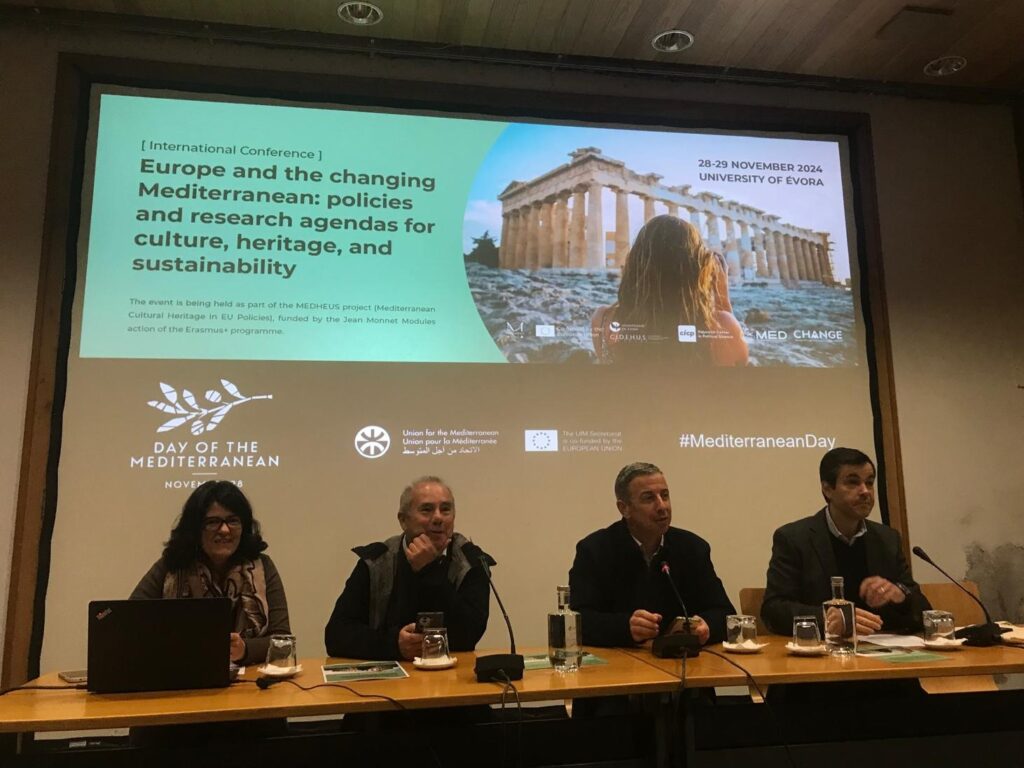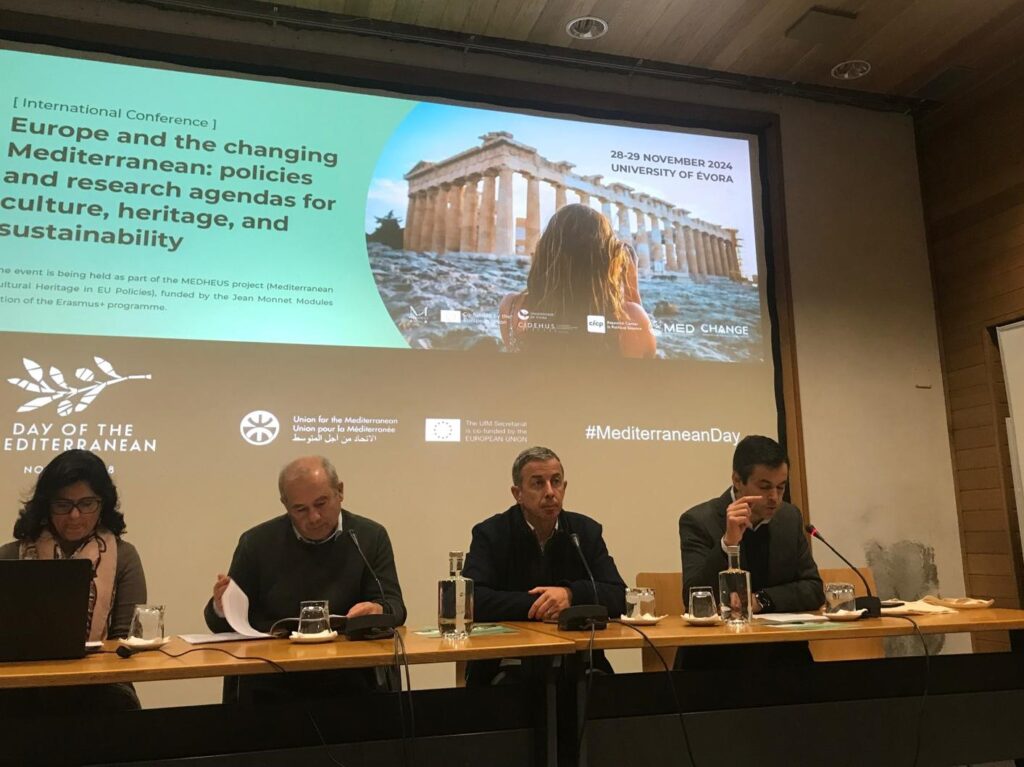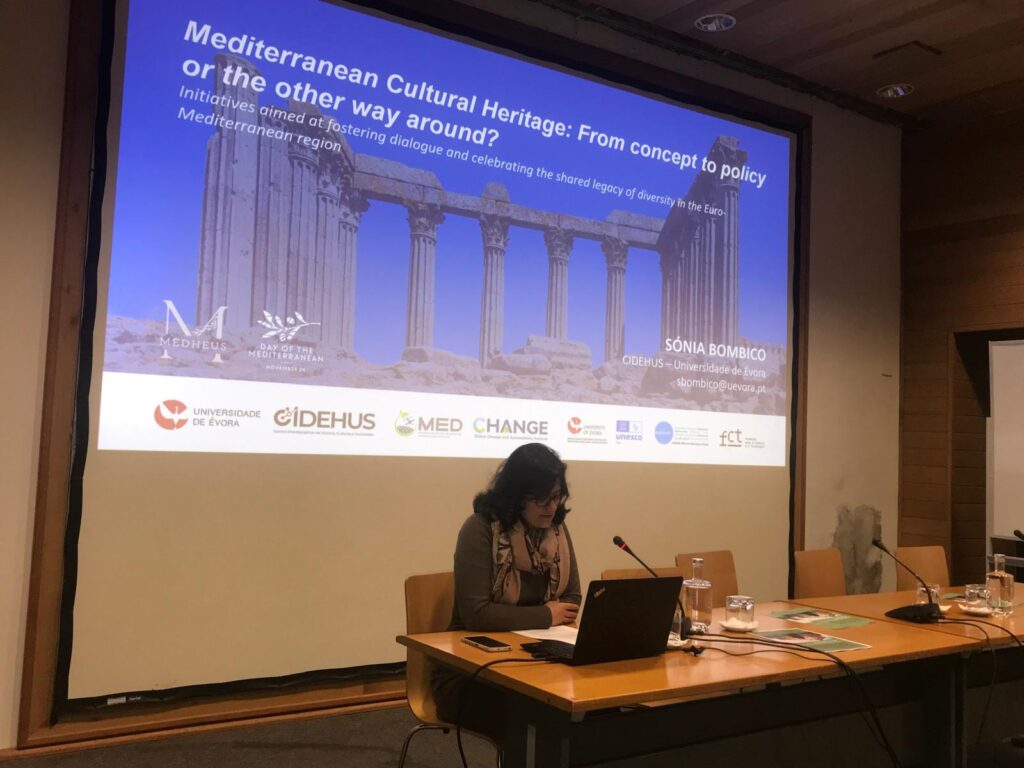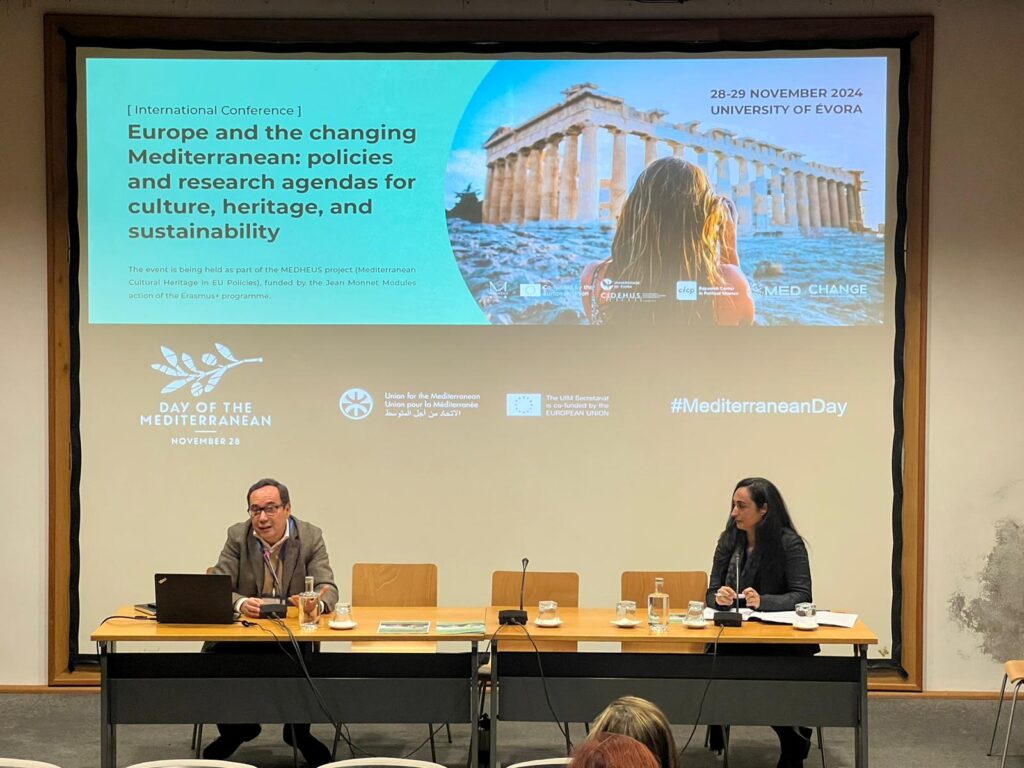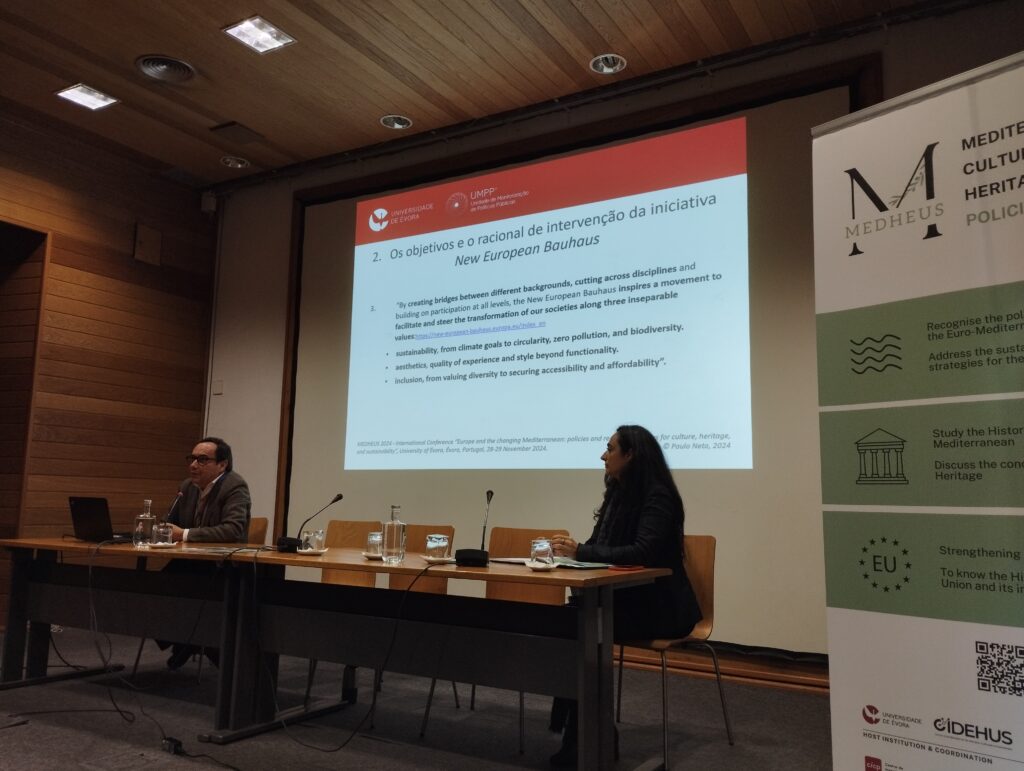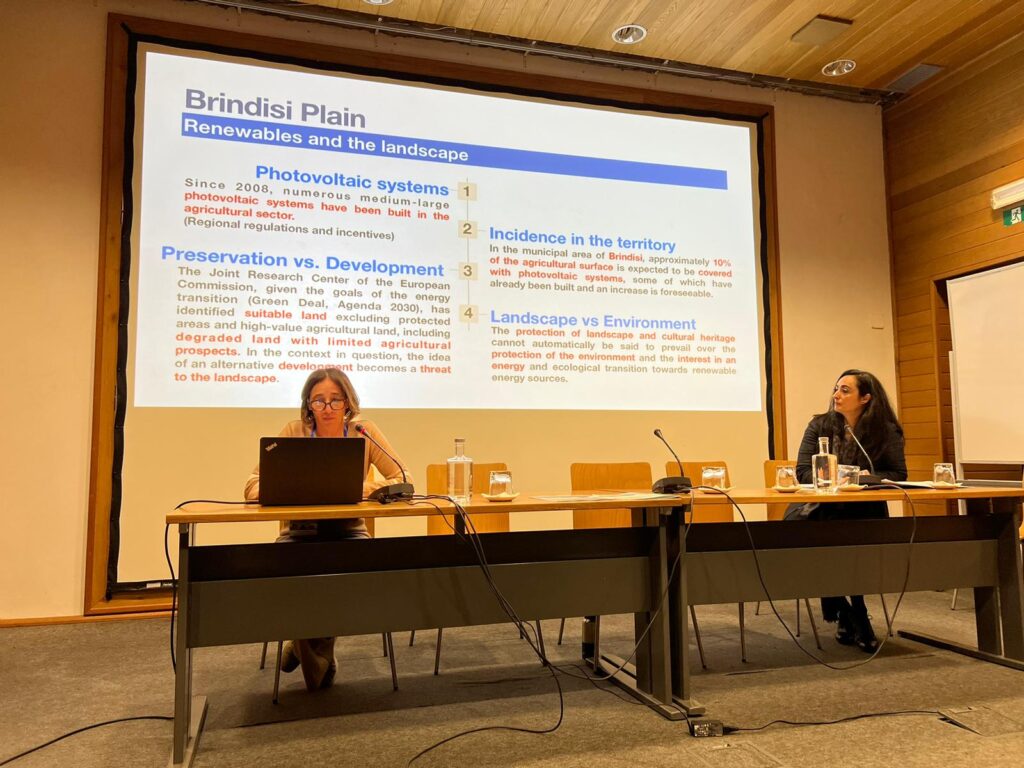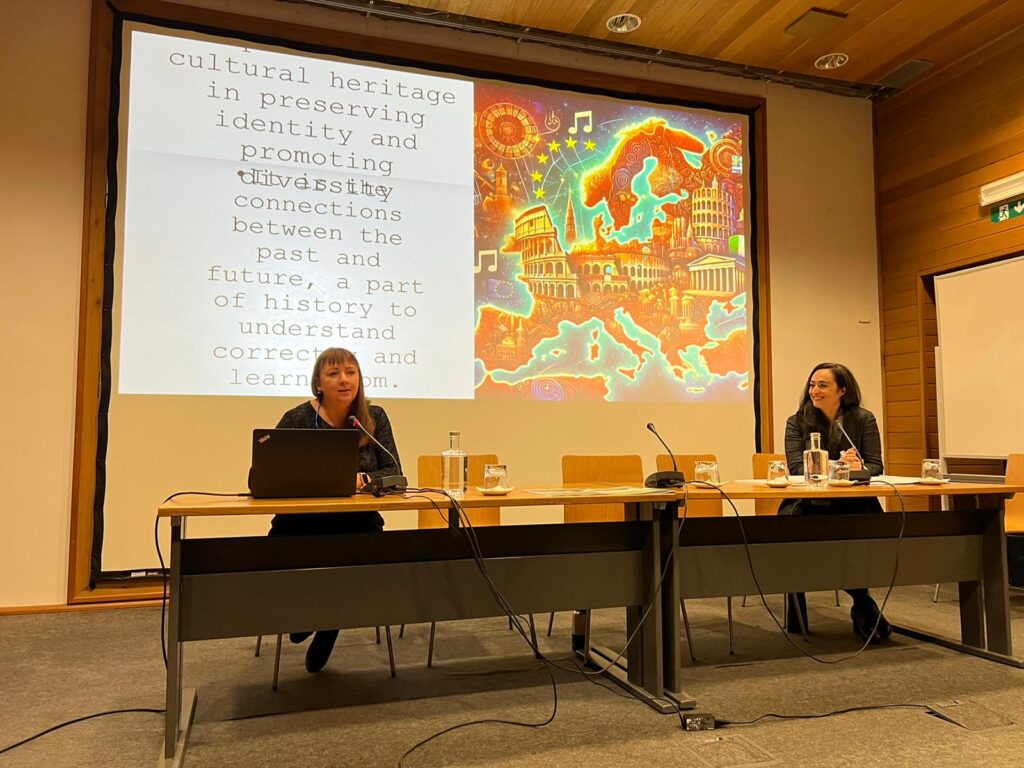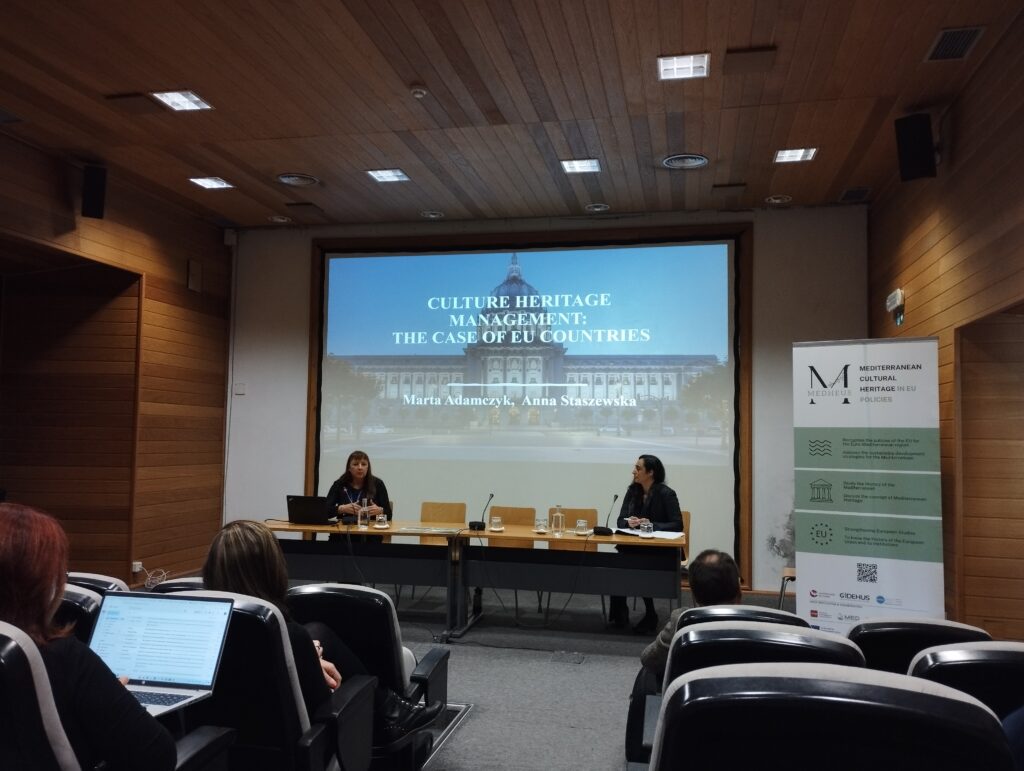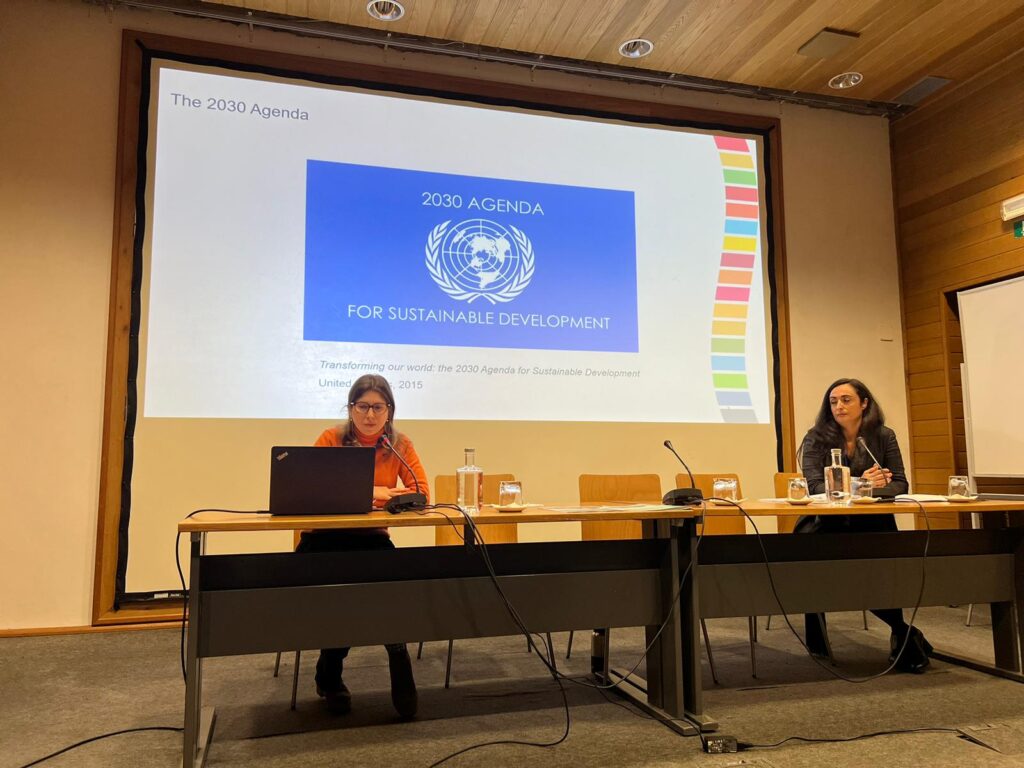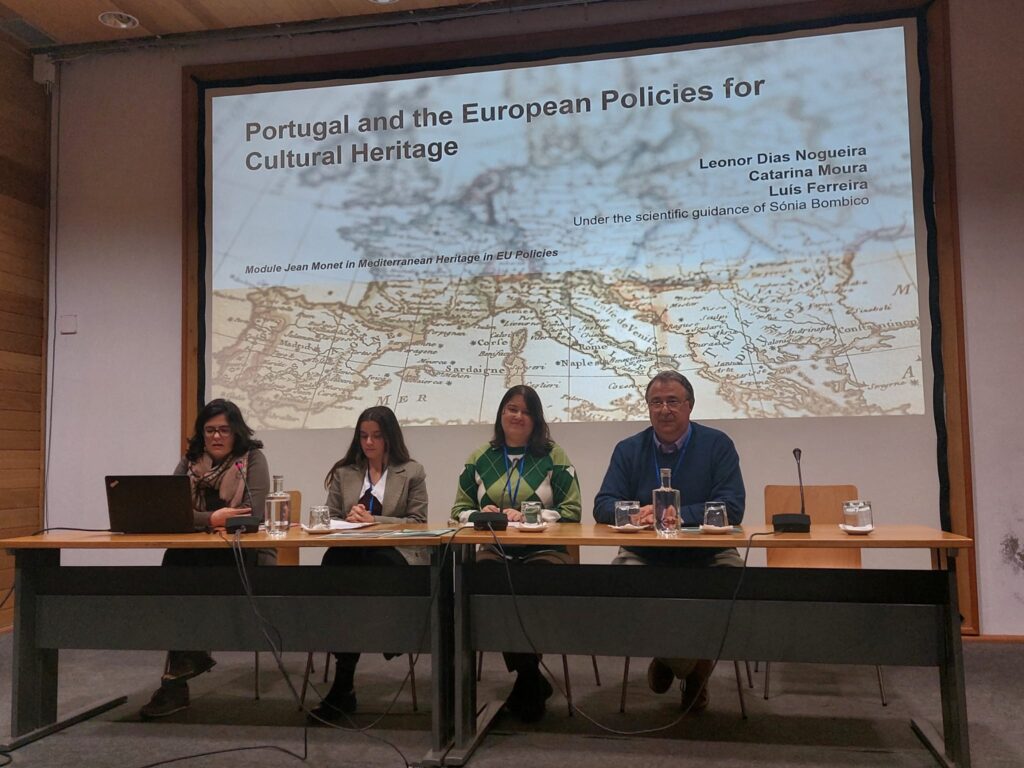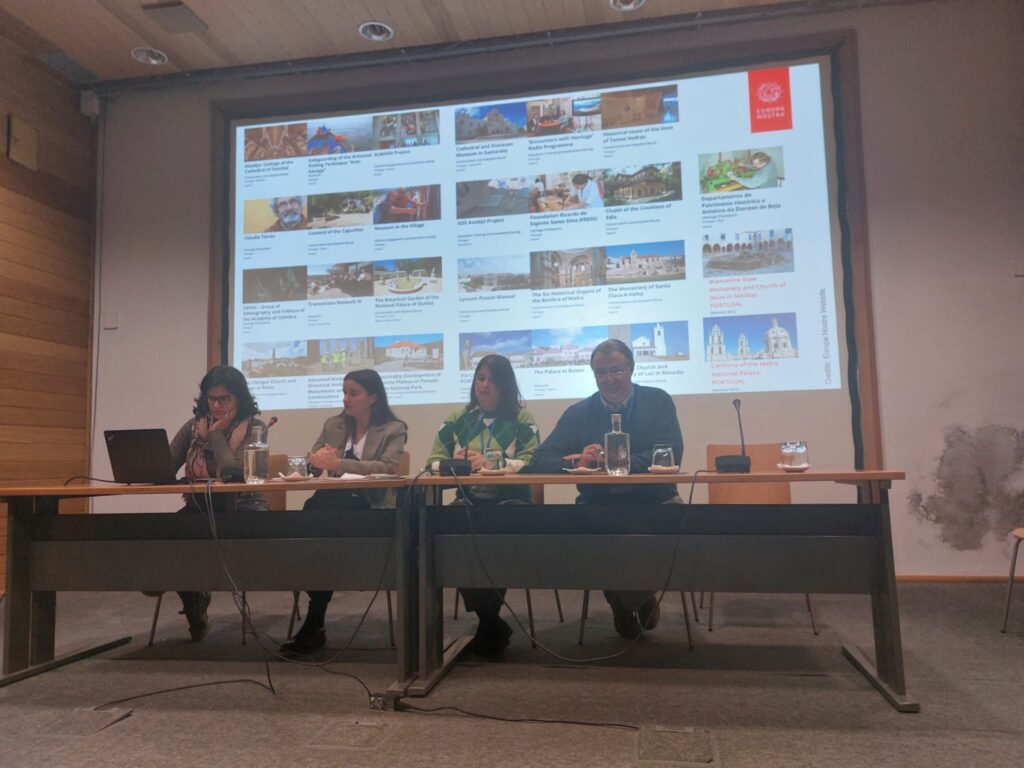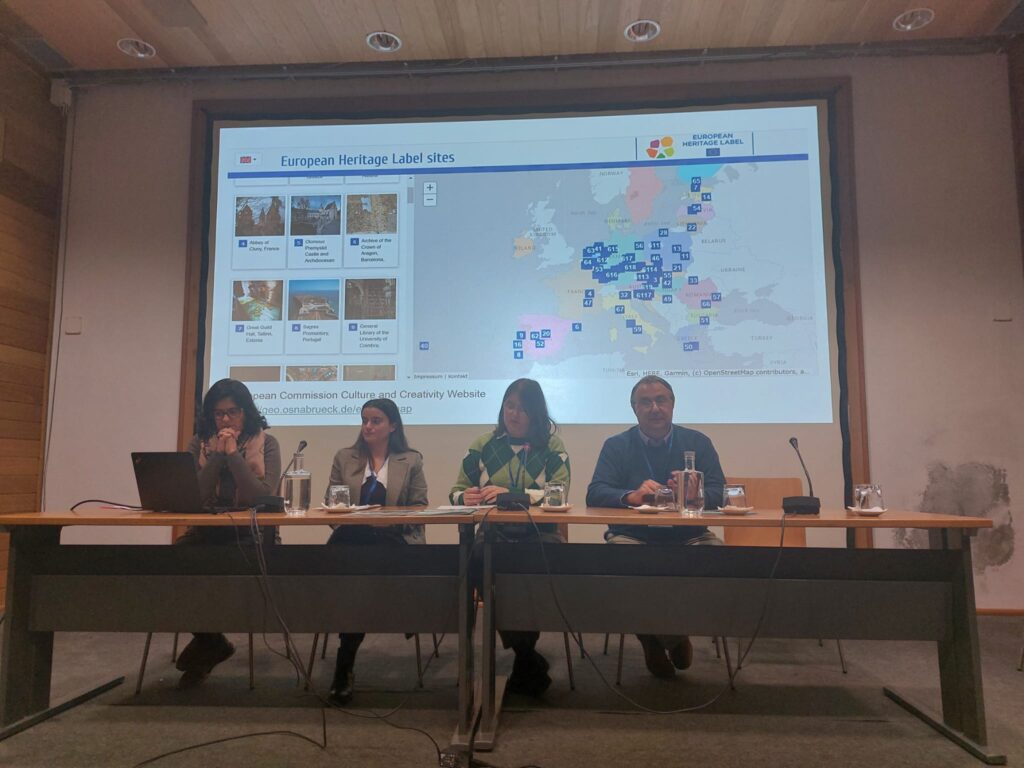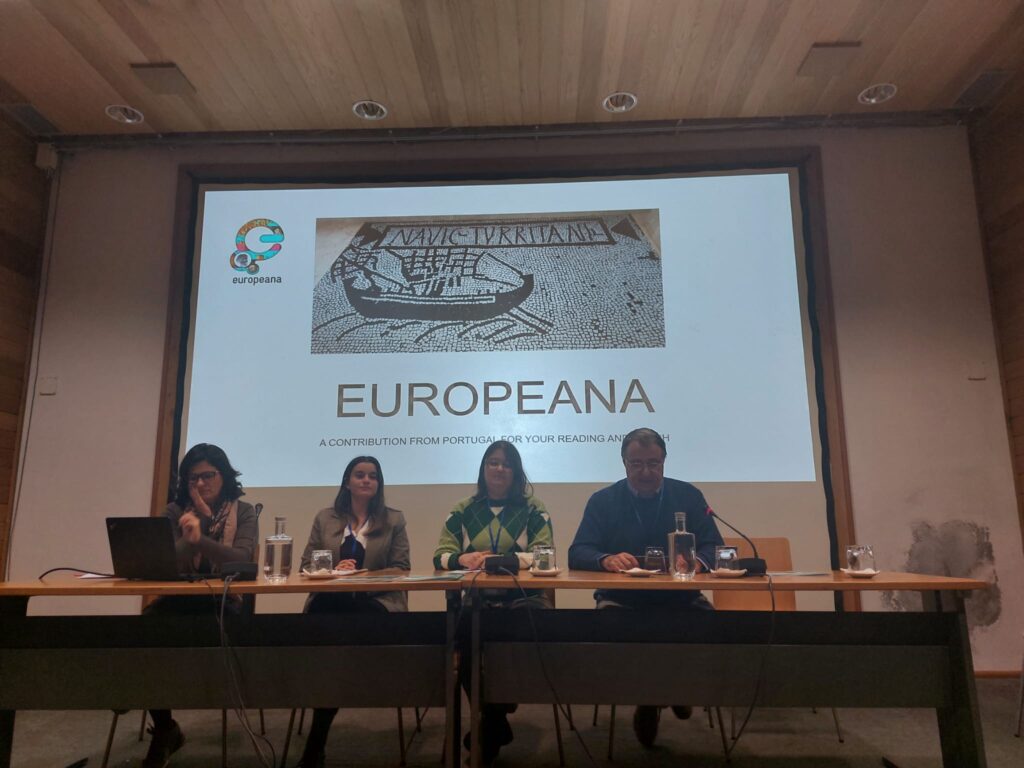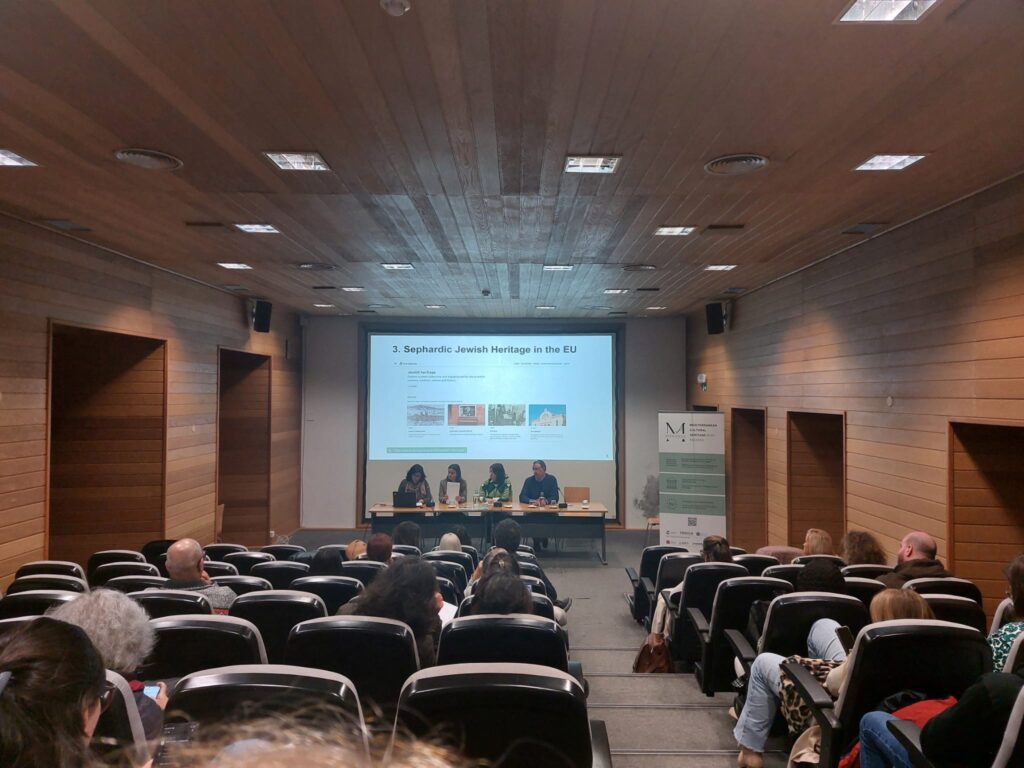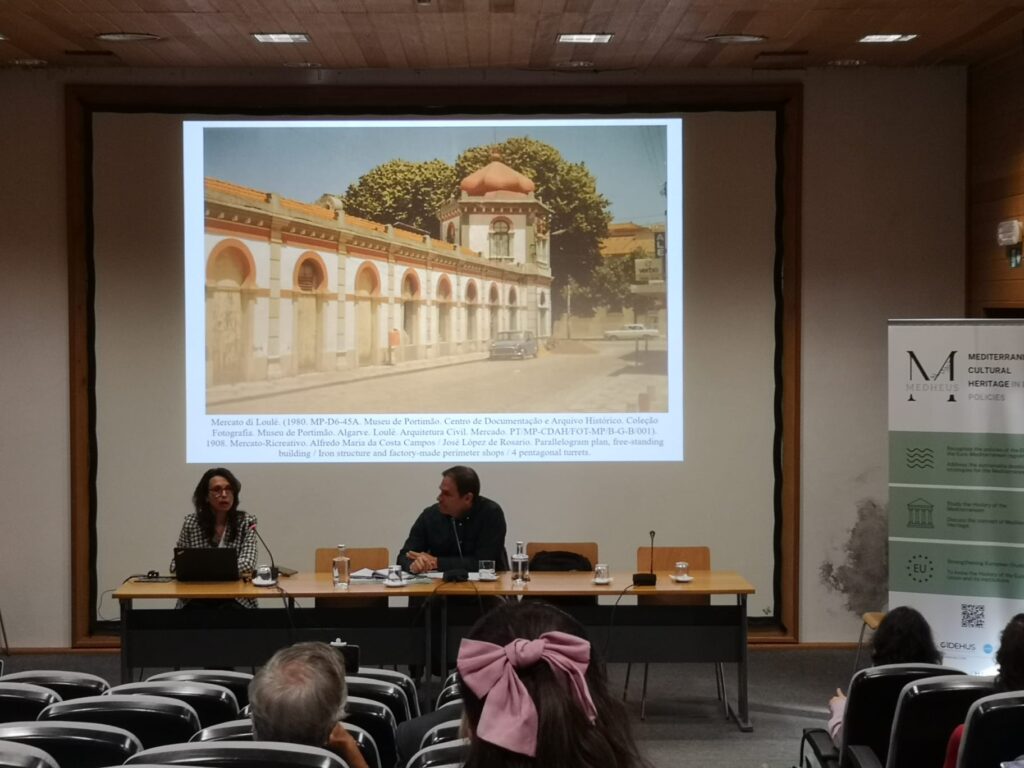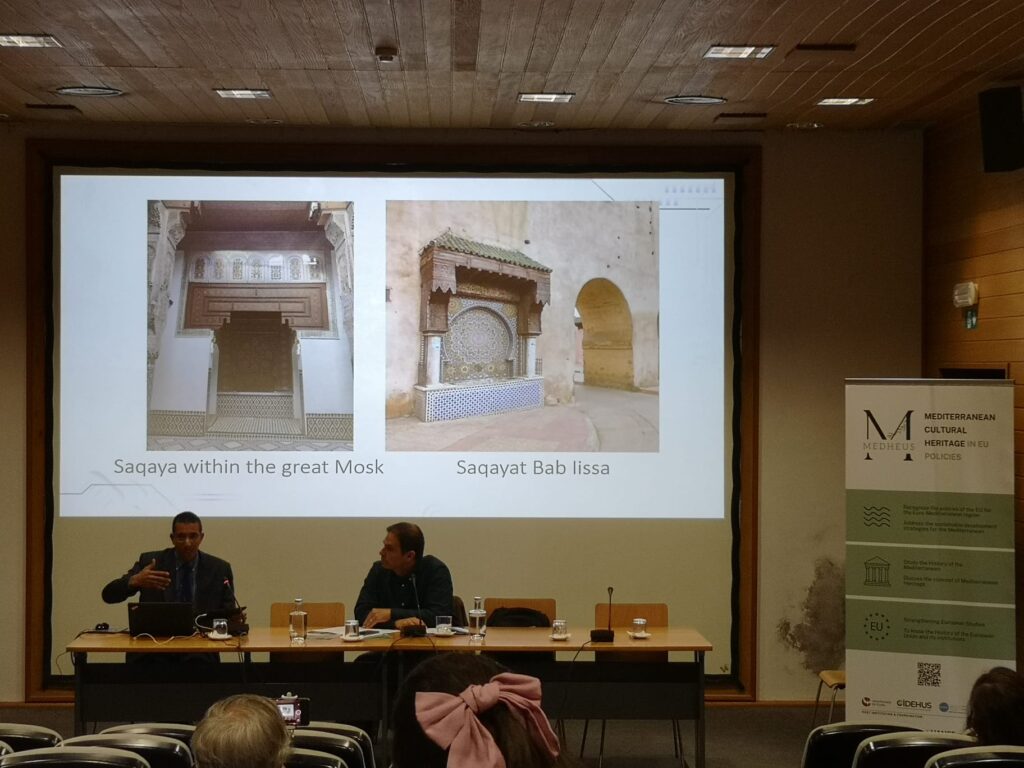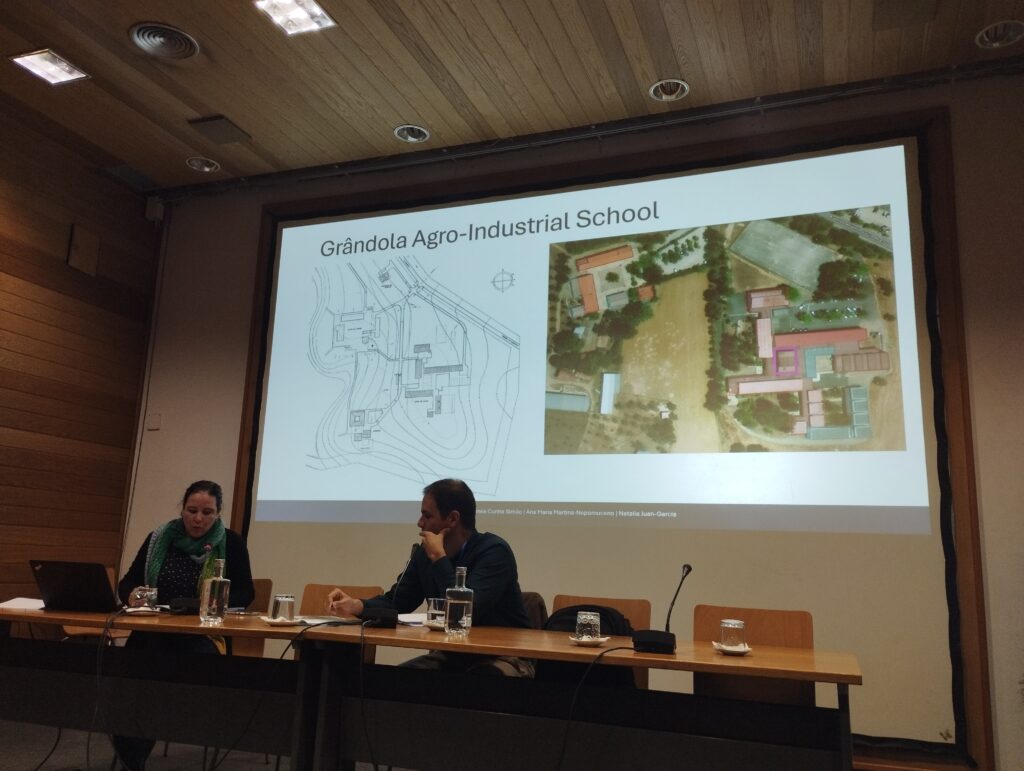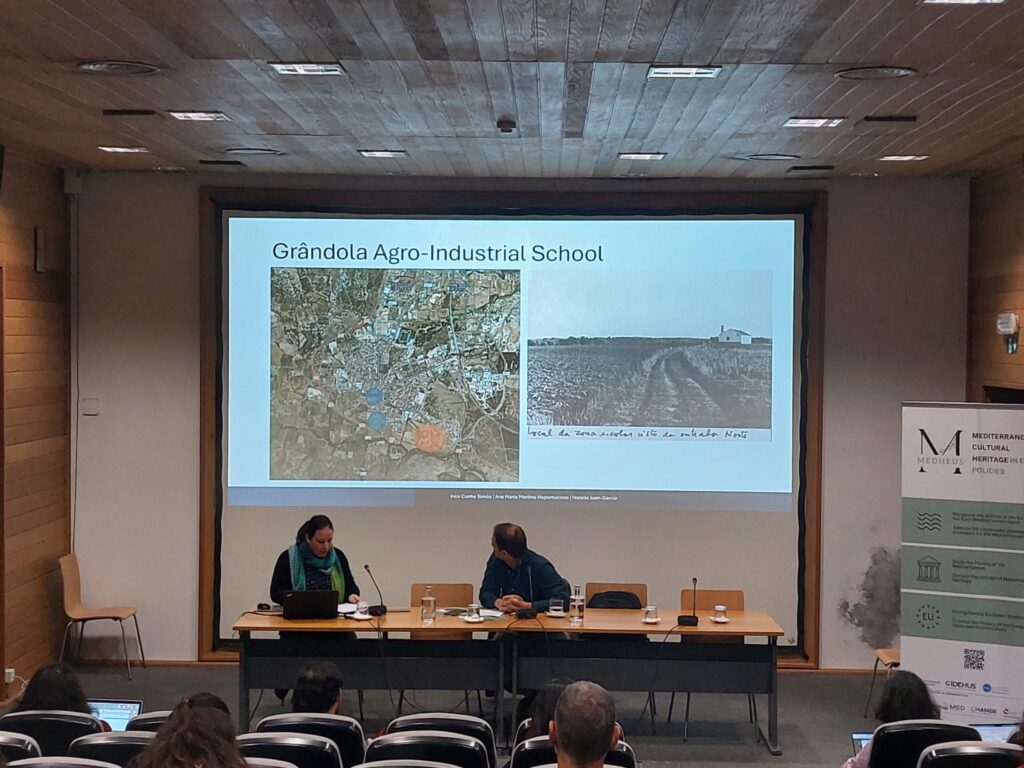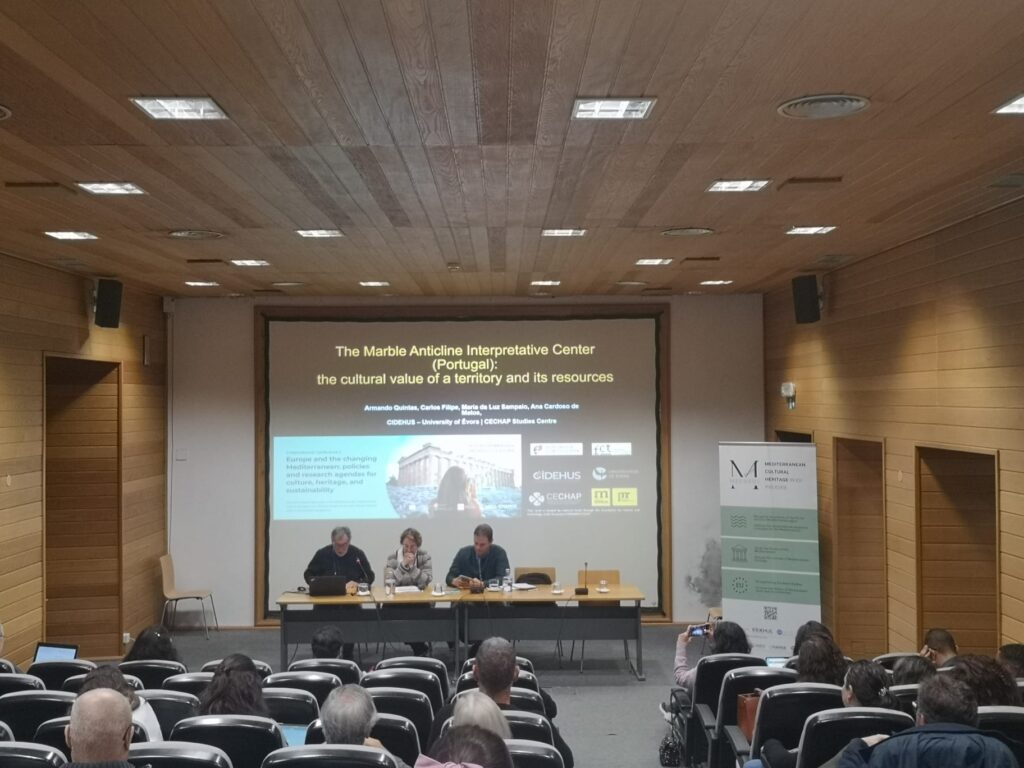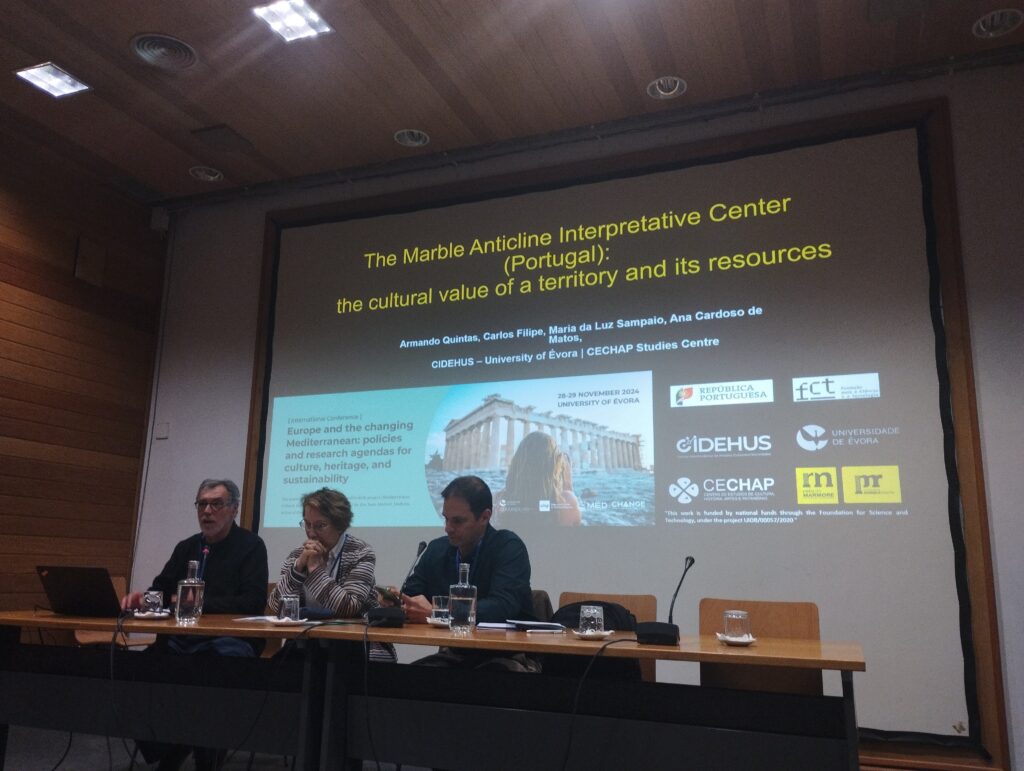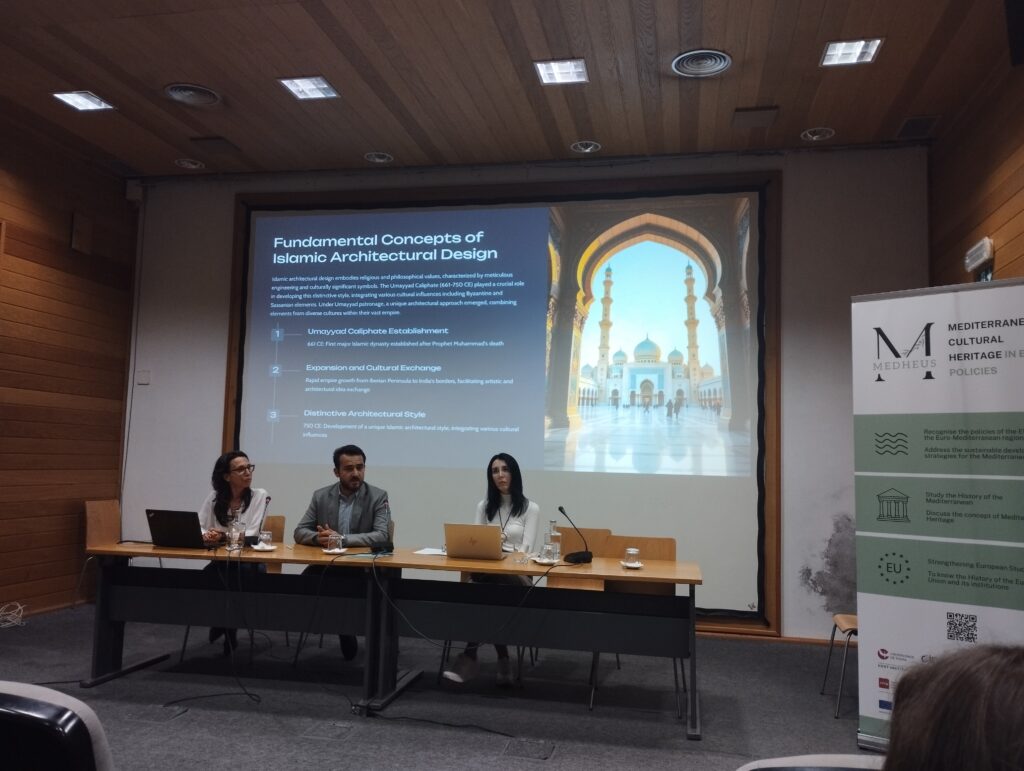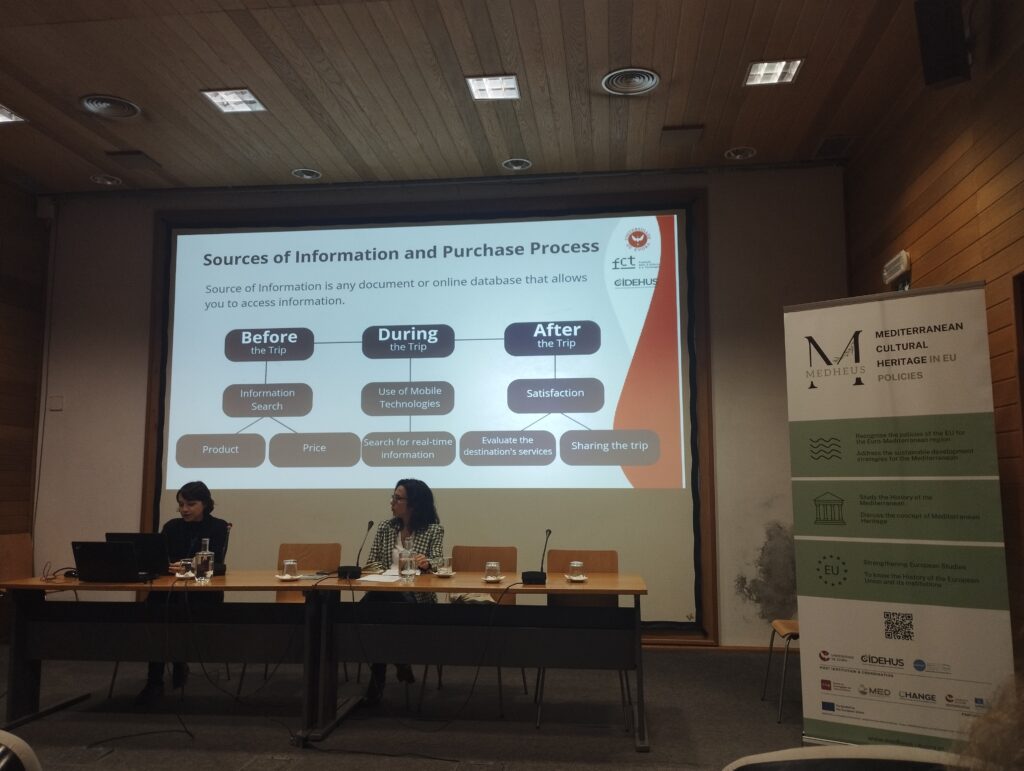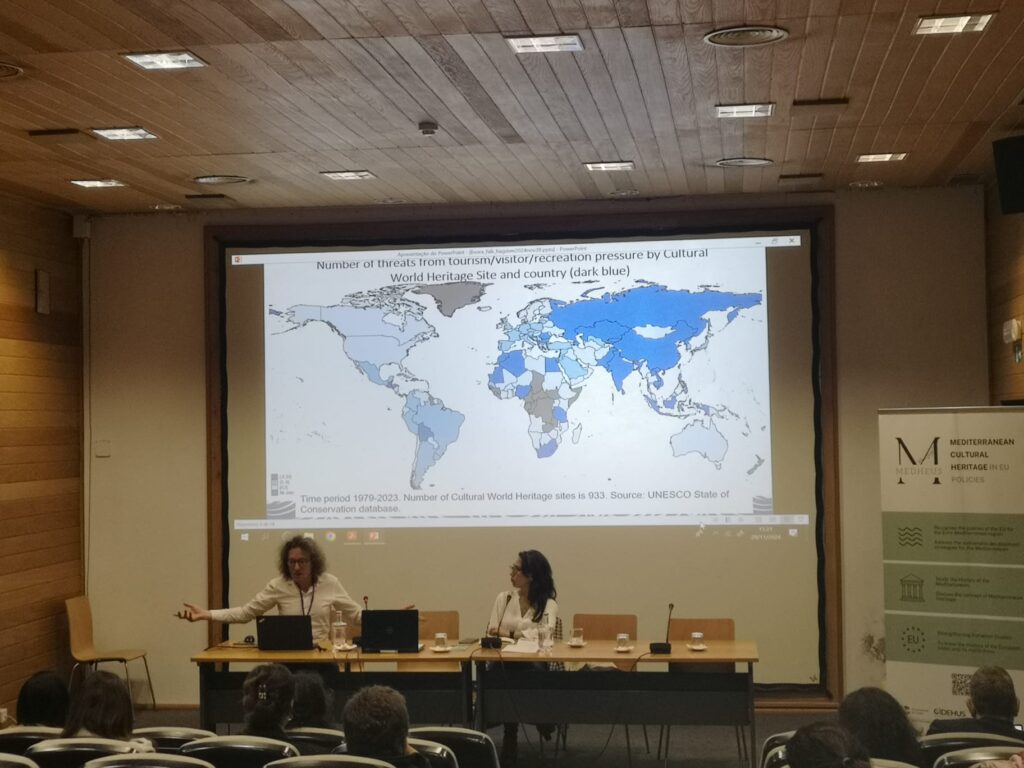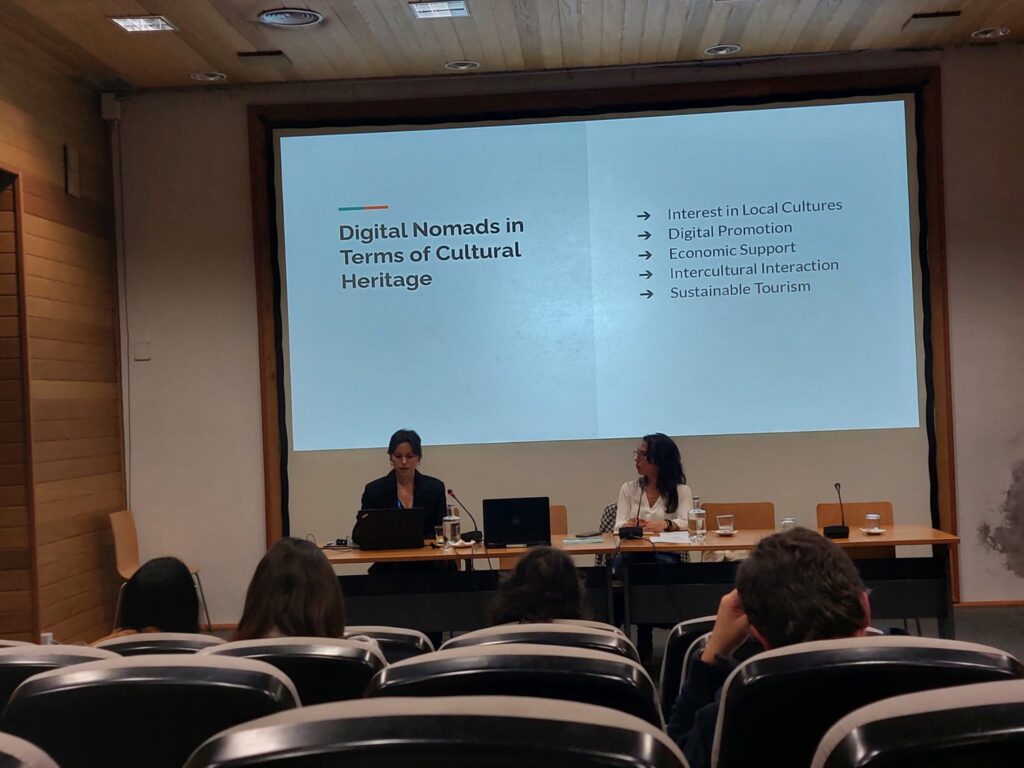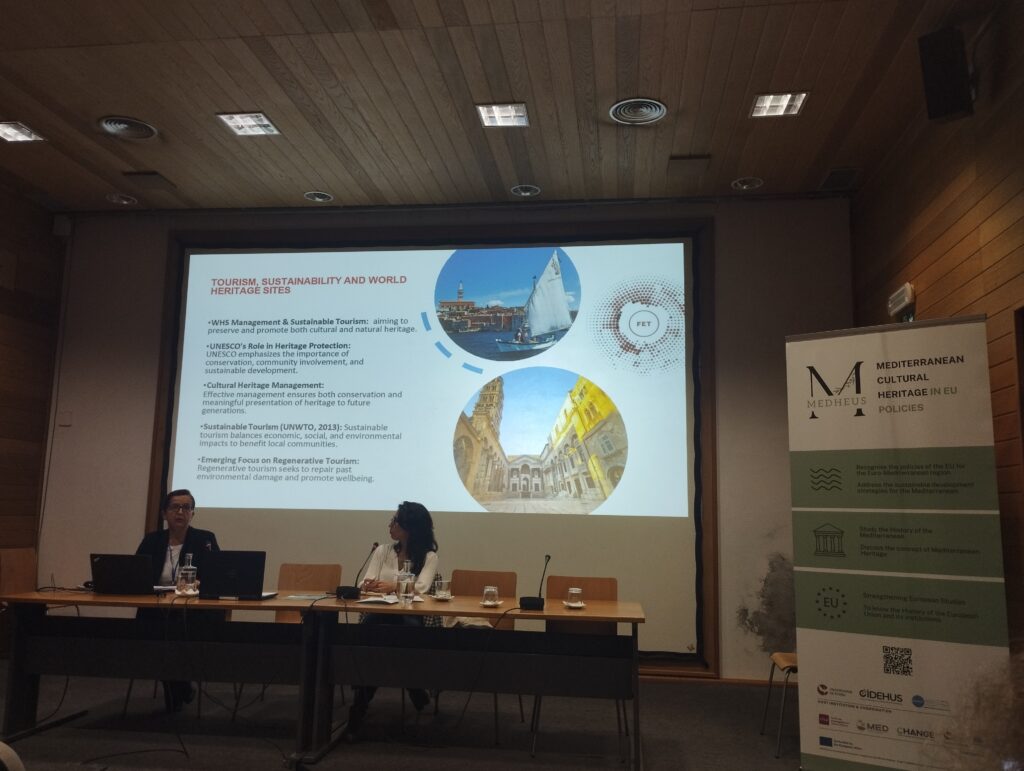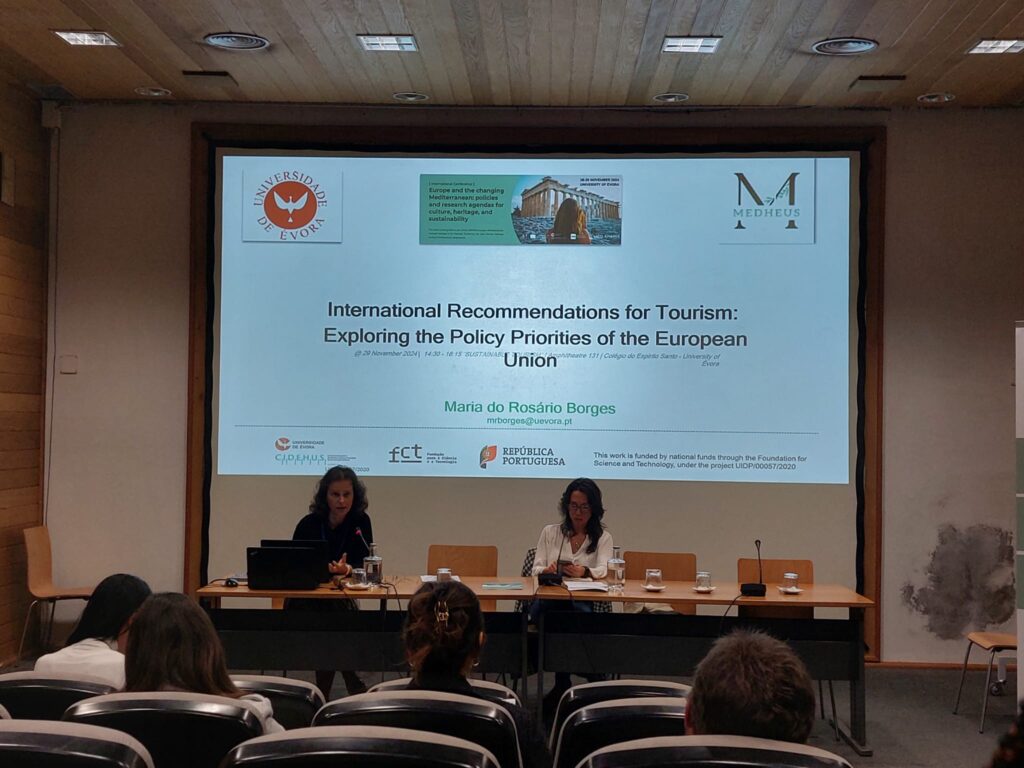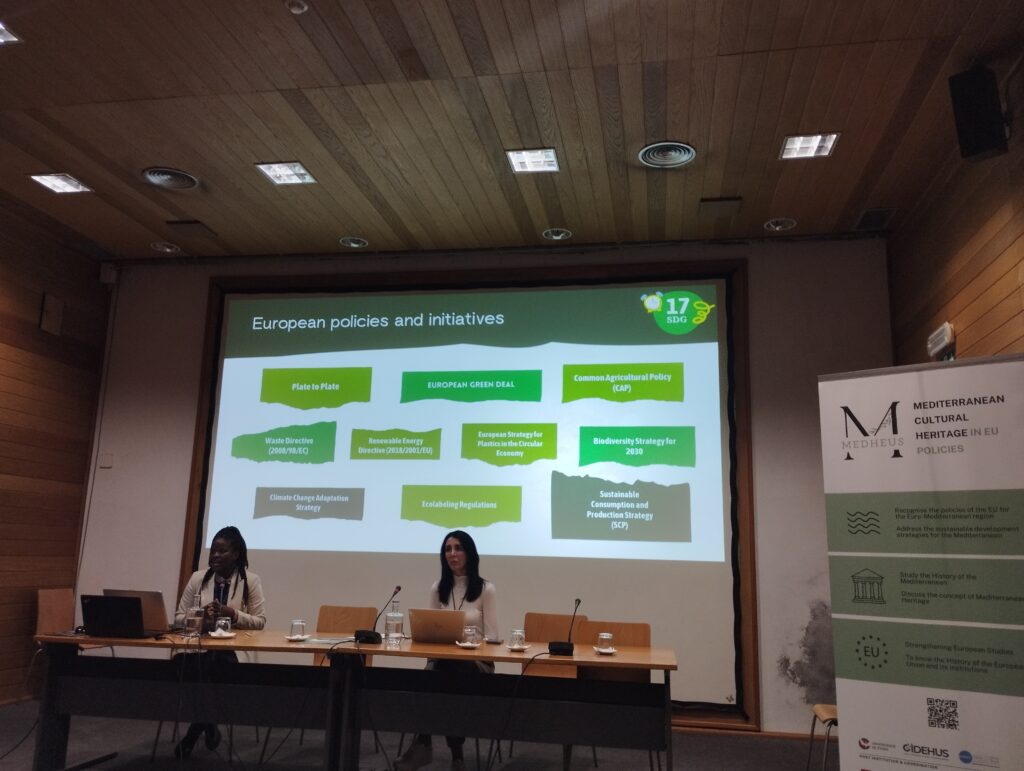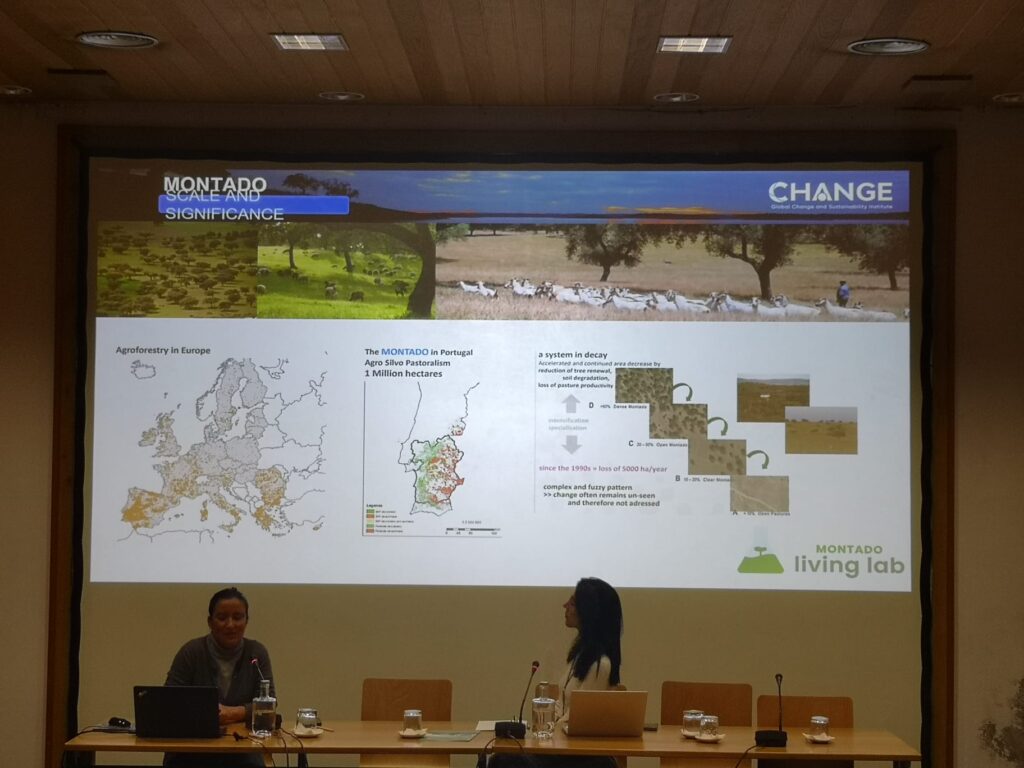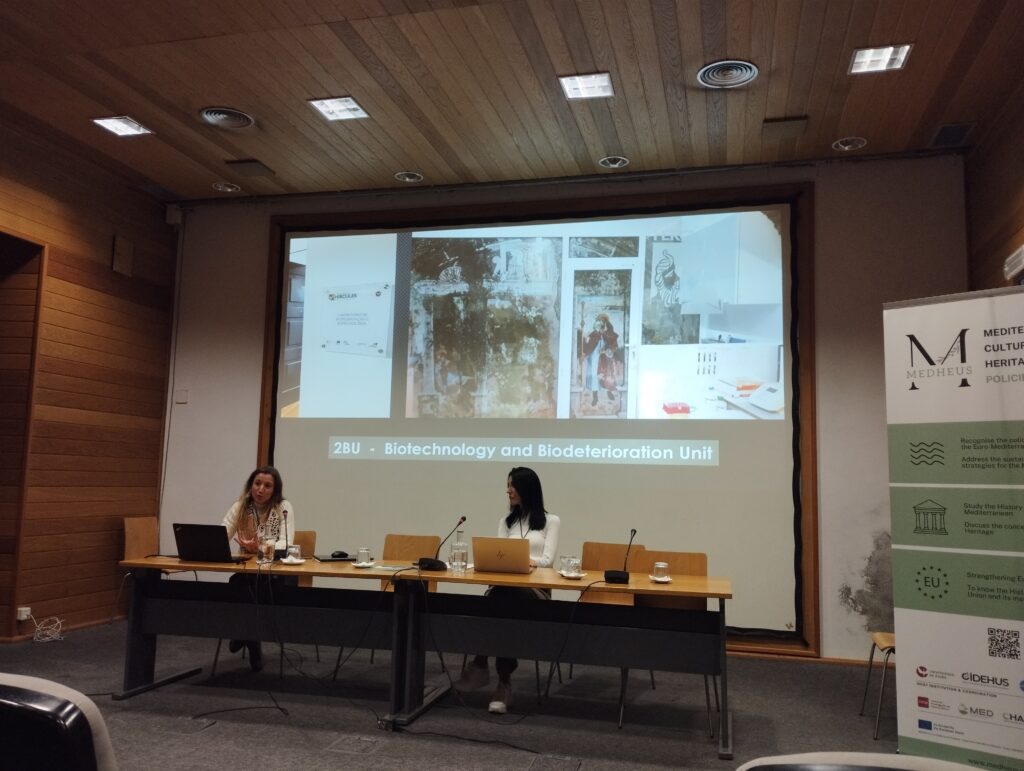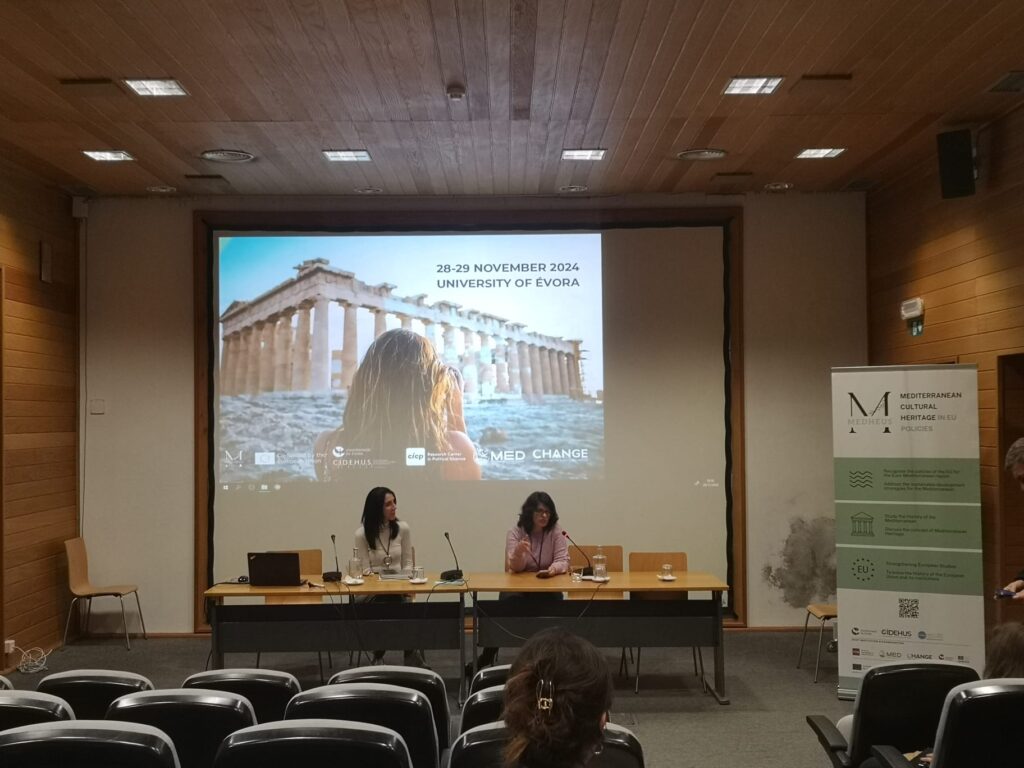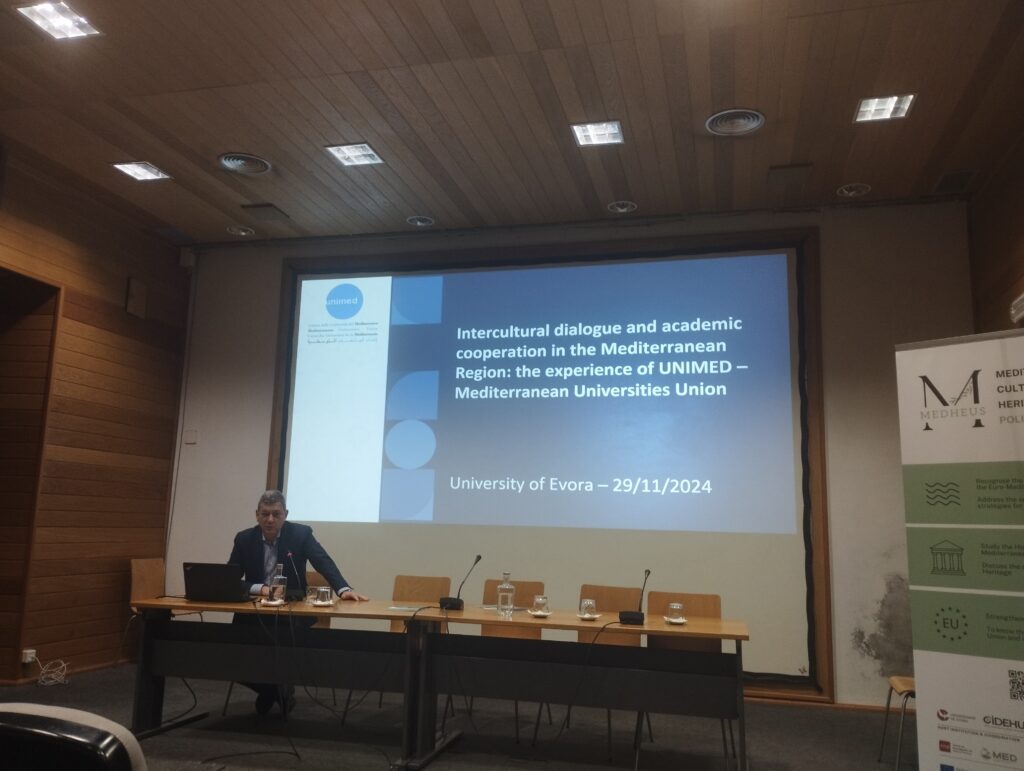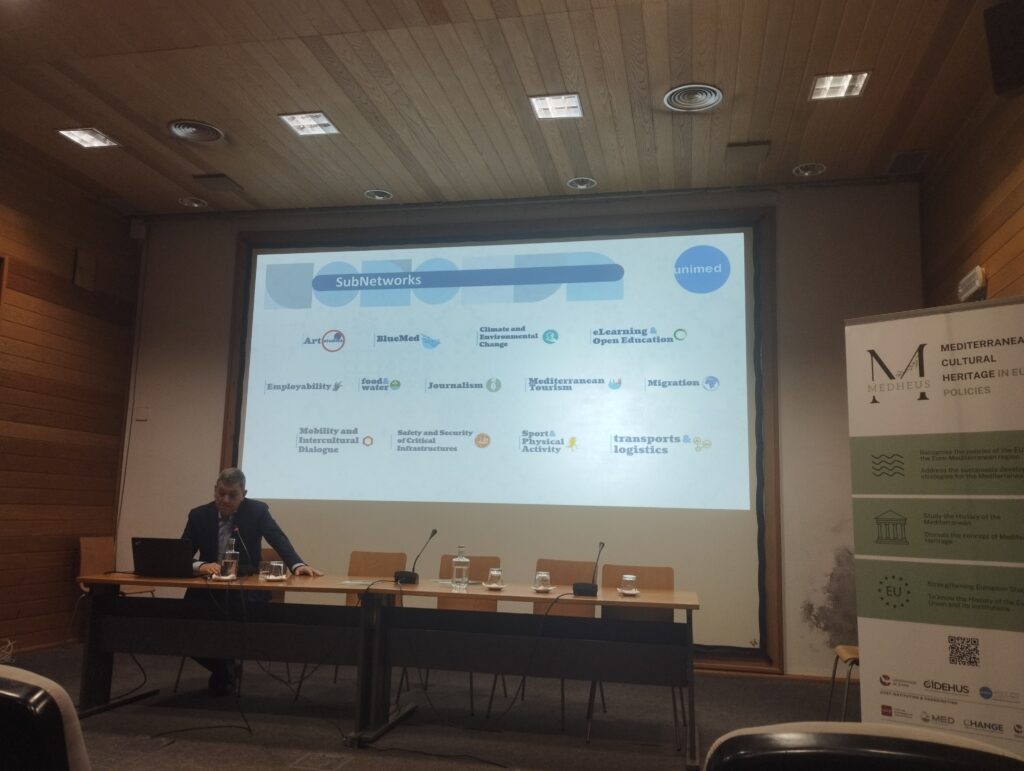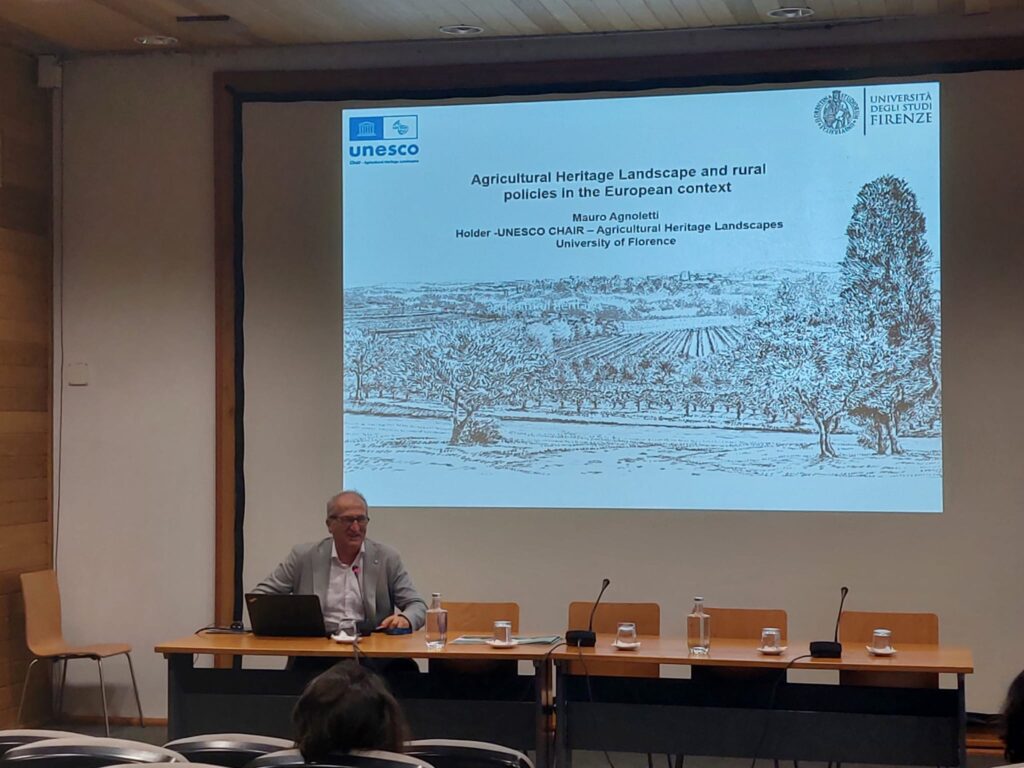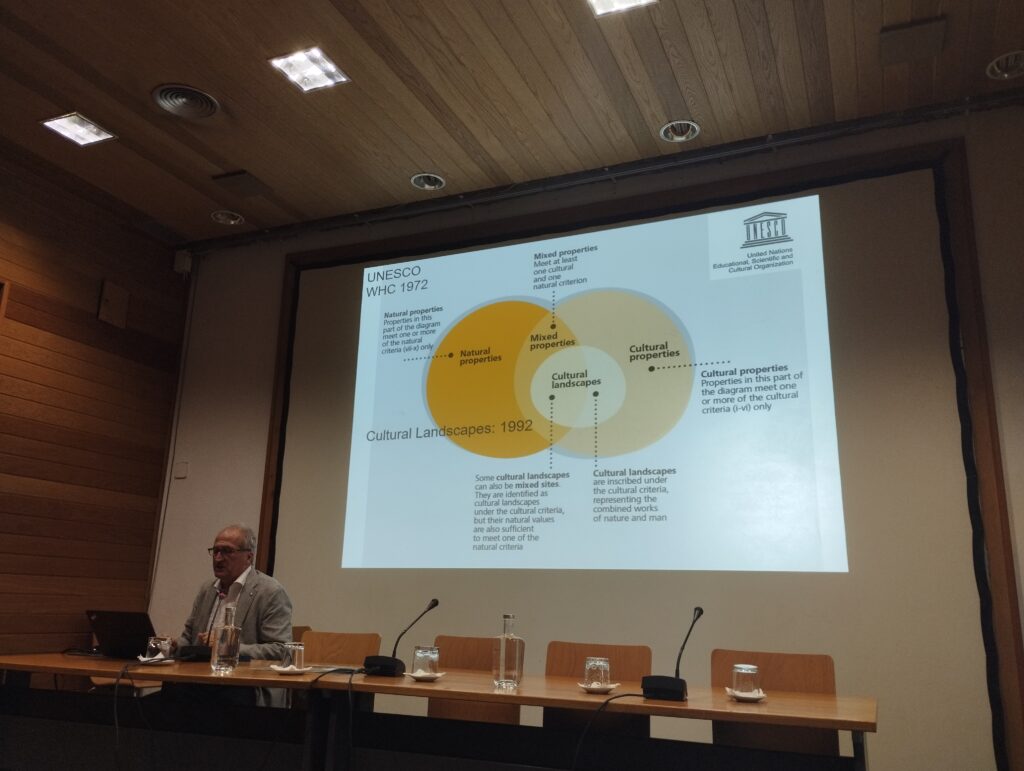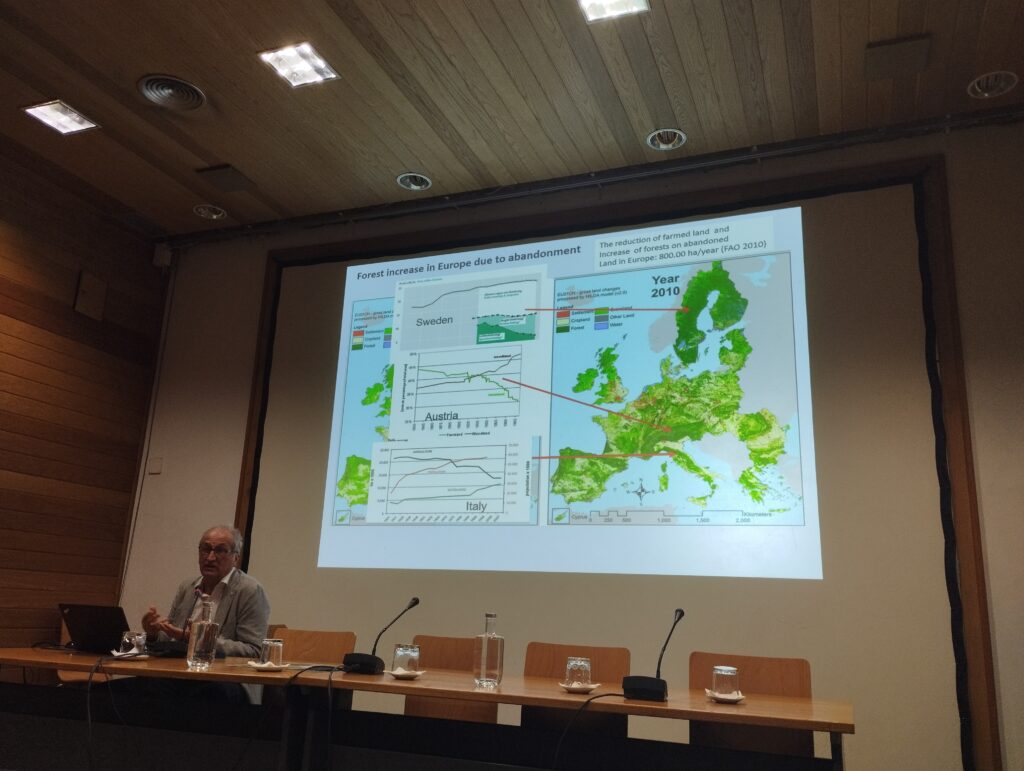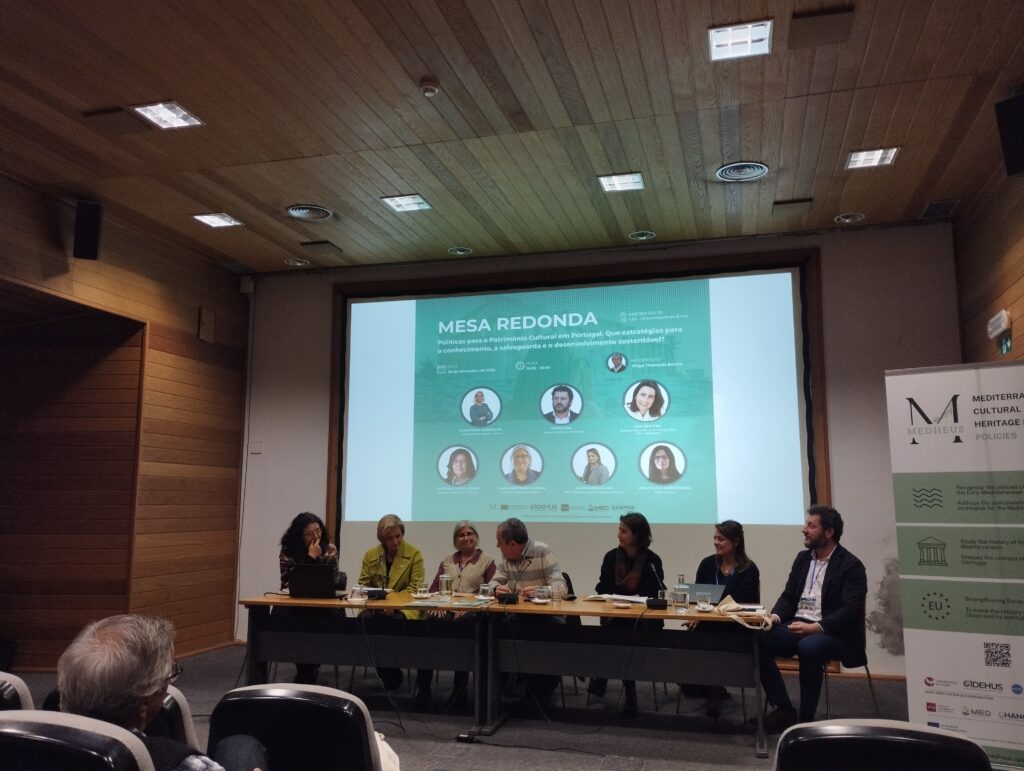On 28 and 29 November 2024, the International Conference ‘Europe and the Changing Mediterranean: Policies and Research Agendas for Culture, Heritage, and Sustainability’ was held at the University of Évora.
The aim of this scientific meeting was to promote an interdisciplinary and intercultural dialogue focused on Mediterranean heritage(ies), Euro-Mediterranean agendas and policies for their safeguarding and enhancement, as instruments for achieving the Sustainable Development Goals of the 2030 Agenda.
With a comprehensive and interdisciplinary approach, the conference covered topics such as tangible and intangible heritage, Euro-Mediterranean cultural institutions, museums, European identity and cultural diversity, sustainable tourism, cultural landscapes and natural heritage, the use of sustainable and innovative products for heritage conservation, as well as sustainability associated with the consumption of local food products.
Guest speaker Mauro Agnoletti, professor at the University of Florence and holder of the UNESCO Chair in Agricultural Heritage Landscapes, shared with the audience the uniqueness of the Mediterranean region’s agricultural heritage, as well as the strategies and rural policies that promote its safeguarding and valorisation, especially in the context of the European Union.
In addition to the national contributions, the University of Évora welcomed researchers from eight other countries: Spain, Italy, Poland, Norway, Croatia, Turkey, Morocco and Jordan.
The conference was also attended by Marcello Scalisi, director of UNIMED (Union of Mediterranean Universities), who emphasised the role played by the inter-university network in promoting cooperation in the Mediterranean region.
The conference was part of the official events celebrating the Day of the Mediterranean, promoted by the Union for the Mediterranean (UfM), celebrated annually on 28 November.
The event’s organisers believe that this was a unique opportunity to share research methods, discuss strategies for safeguarding a common cultural legacy, foster respect for cultural diversity and disseminate a set of mechanisms for greater collaboration in the Euro-Mediterranean area in order to tackle the challenges facing the region. Strongly affected by climate change, the growing pressure of mass tourism and migratory flows, both internal and external, which are difficult to manage, the Mediterranean is a region in constant transformation, which inevitably requires dialogue at various levels.
This event sought to encourage reflection, especially among younger researchers, on the importance of research for formulating public policies and its essential role in transferring knowledge to society.
The conference was held as part of the MEDHEUS (Mediterranean Cultural Heritage in EU Policies) project, financed by European funds in the context of the Erasmus+ programme (Jean Monnet Modules Action).
Photo Gallery
